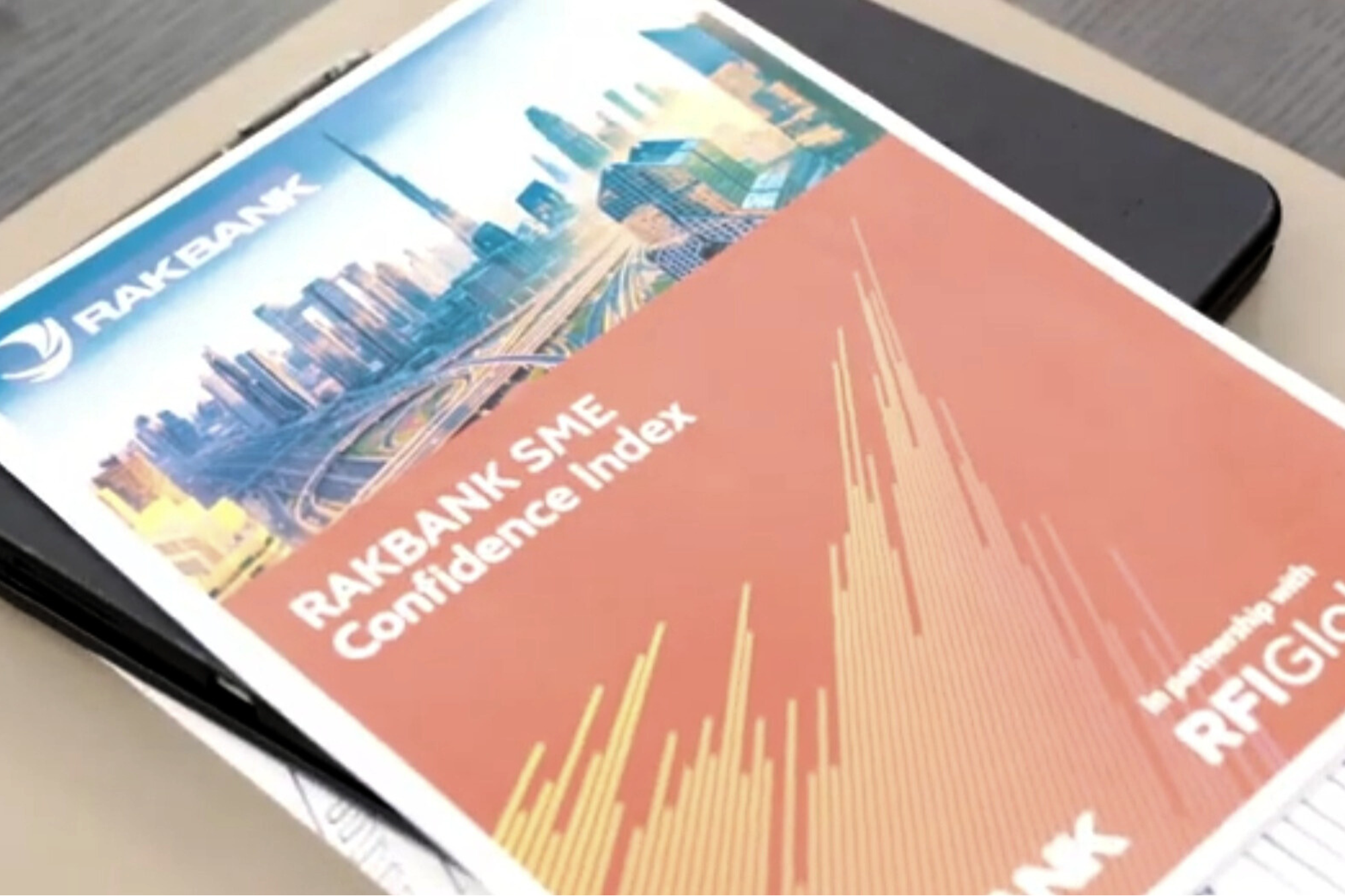Converging Ecosystems: Building Sustainable Businesses That Do Well (And Do Good) Impact entrepreneurs are no longer outliers- they're critical players in driving positive change around the world.
By Medea Nocentini •
Opinions expressed by Entrepreneur contributors are their own.
You're reading Entrepreneur Middle East, an international franchise of Entrepreneur Media.

The events of the last decade -a deteriorating climate, mounting geopolitical risk, a global pandemic whose socio-economic impact continues to linger- have driven employees, corporations, customers, communities, and investors to reevaluate how and with whom they do business. For a few pioneering entrepreneurs, these challenges have created vast market opportunities to serve with incredibly successful businesses. Venture capital investors are increasingly backing the founders capturing these opportunities with innovative solutions since, ultimately, they operate in sizable markets with growing customer bases and varying needs.
Impact entrepreneurs are no longer perceived as outliers, but as critical players in driving positive change in the world. The Global Impact Investing Network estimated the size of the global impact investing market to be US$1.164 trillion in 2022. Socially responsible assets constitute 36% of global assets under management, and they are projected to reach $53 trillion only two years from now. At Companies Creating Change (C3), the UAE-based impact-focused organization I lead as CEO, we have seen this firsthand, with the growing interest of investors within our network to support startups addressing considerable socio-economic and environmental challenges across emerging markets.
At the same time, the adoption of environmental, social, and governance (ESG) principles has long been a point of debate, delay, or doubt. Most founders commonly considered it a trade-off with focus, time, and capital. Few investors believed in its potential to generate more financial value for shareholders. But over the last few years, the narrative has shiftead. Today, from capital allocators to entrepreneurs, the ecosystem is becoming increasingly harmonized around the idea that ESG is more than just mandatory disclosures and corporate social responsibility; it is a risk mitigation strategy that builds resilient and sustainable businesses that do well and do good- or at least avoid doing harm.
The debate continues to be polarized between the Tim Buckley camp that believes that ESG investing has no advantage over broader investing, and the Larry Fink camp that advocates for a version of capitalism that encompasses a fuller range of stakeholders, including employees, communities, the environment, and shareholders. Both camps are armed with diverging performance data, ranging from BCG's finding that top performers on ESG criteria boast 3% to 19% higher valuations, to the University of Chicago's report showing that high-rated sustainability funds do not outperform their lower rated counterparts.
Yet, one principle holds true: businesses with ESG considerations make better investments, not only because they inherently do no harm to people or the planet, but also because their founders are aware of the threats that may jeopardize their company's success, and are further able to pinpoint opportunities that help them mitigate, innovate, and grow. The convergence between ESG, impact, and returns is happening. It is important to acknowledge that the route towards a more sustainable, equitable, and commercially viable economy is a marathon, not a race. ESG is not an afterthought, and societal challenges should be considered as business opportunities being addressed by capital-worthy founders.
Moreover, by operationalizing the United Nations Sustainable Development Goals (SDGs), we find numerous synergies between market opportunity and the achievement of the goals. Advancing the SDGs requires societal transformation- made possible, in large part, by innovative businesses. Reaching zero hunger, for example, requires a shift toward sustainable food, land, and water, presenting a compelling market opportunity for agritech or foodtech companies. RedSea, a KSA-based agritech startup, is a case in point in how its team have brought their impact mission to life with a commercially viable business model. RedSea combines impact with innovation through its saltwater-based agriculture system that is both environmentally sustainable and economically viable.
Personally, as both the founder of C3 and Senior Partner at UAE-headquartered investment firm Global Ventures, I've witnessed the convergence between commercially-driven and mission-driven founders. The once-rigid lines between impact entrepreneurs and commercial entrepreneurs are slowly fading. Many impact-driven C3 alumni have attracted regional and international venture capital (VC) backing, including from Global Ventures. A few success stories have already demonstrated the close entanglement of the VC mission of generating returns for their partners as well as the impact accelerator's mission of driving the scale and success of social enterprises, like Democrance and Lamsa.
After two years of close collaboration between C3 and Global Ventures, and as we work towards realizing similar missions of supporting high-impact founders across emerging markets, the natural path for us was to combine forces. C3 is now integrated within the Global Ventures platform, while maintaining its status as an independent social enterprise. Combined, we can tap into the numerous opportunities that originate from daunting market challenges in energy, food, mobility, healthcare, education, or financial services, and enable positive impact by supporting founders with capital, training, and ESG stewardship.
Our shared network and resources will allow us to reach more mission-driven entrepreneurs, and support them as they build successful global businesses that leave a mark on the world. This is a significant moment for me, personally. Being able to combine two passions of mine: investing in growing businesses led by high-impact founders is a privilege, and testament to how the lines between impact and business success are truly fading.
Related: Unlocking Human Potential In The KSA Startup Ecosystem













